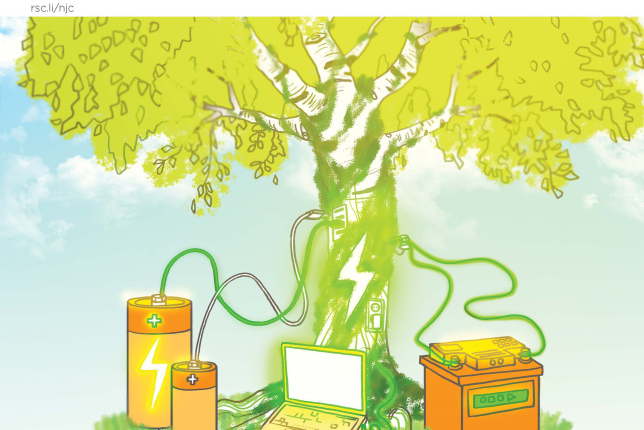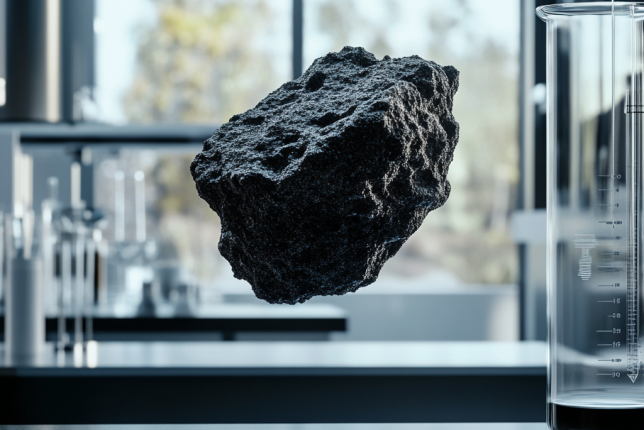Researchers from LSIWC present their work at the international conference Carbon 2025

Researchers from the Latvian State Institute of Wood Chemistry (LSIWC) recently participated in one of the leading global conferences on carbon materials – Carbon 2025, held from June 29 to July 4 in the scenic coastal town of Saint-Malo, France. This event, hosted every three years in Europe, brought together over 500 participants – scientists, engineers, and industry experts – from across all continents.
PhD Ance Pļavniece presented her work on carbon spheres, synthesized via hydrothermal carbonization, within the framework of the Latvian Science Council-funded project (No. 1.1.1.9/LZP/1/24/007).
Dr.sc.ing. Aleksandrs Voļperts presented research on activated carbon materials and its electrochemical energy storage applications, particularly in supercapacitors (electrochemical double-layer capacitors, EDLCs), supported by the ARMS project.
The conference featured five outstanding plenary lectures delivered by internationally recognized experts, highlighting advances in both fundamental research and practical applications of carbon materials:
- Prof. Fernando Pereira – “Tailoring carbon surface chemistry: Catalytic applications for sustainable solutions” – exploring carbon surface functionalization for heterogeneous catalysis;
- Prof. Patrice Simon – “2- and 3-D carbons for electrochemical energy storage applications” – discussing porous and layered carbon structures, including graphene-based materials;
- Prof. Yan Li – “Carbon nanotubes as semiconducting materials: synthesis, sorting, and assembly” – focusing on carbon nanotube applications in nanoelectronics;
- Prof. Vincent Meunier – “Decoding Raman Signatures in Carbon Nanostructures: A First-Principles Perspective on Phonons” – providing insight into interpreting Raman spectroscopy in nanostructured carbon materials;
- Prof. Fedor Jelezko – “Spin qubits in diamond” – presenting cutting-edge research on quantum information processing using spin qubits embedded in diamond lattices.
Participation in Carbon 2025 provided an excellent platform for LSIWC researchers to disseminate our latest results, exchange ideas with peers, explore collaboration opportunities, and stay updated on emerging trends in carbon materials research.
We extend our sincere thanks to the organizers for a high-quality scientific program.






